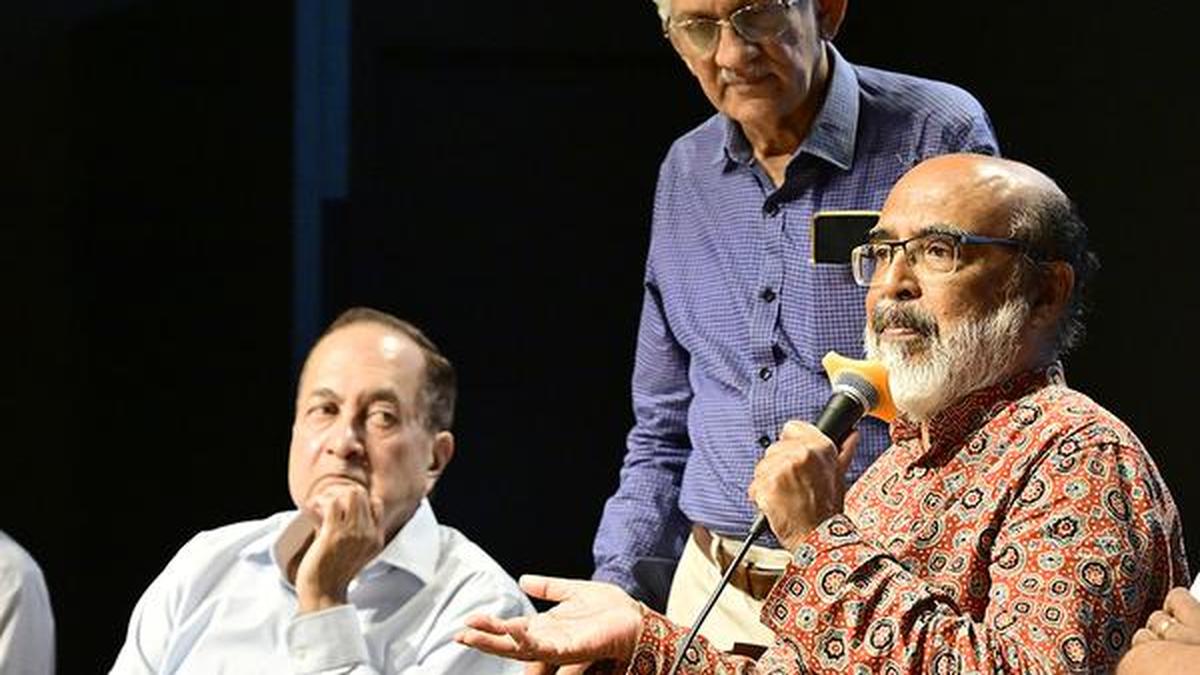
Centre and States are in for a confrontation over redistribution of taxes: Thomas Isaac
The Hindu
Former Kerala Finance Minister Thomas Issac predicts serious confrontation between Centre and States over fiscal redistribution before 16th Finance Commission.
Former Kerala Finance Minister Thomas Issac on Monday said there would be serious confrontation between the Centre and States about redistribution, which is going to come up before the 16th Finance Commission.
The confrontation would be around the levy of cesses and surcharges by the Union government and discriminatory Central redistribution of divisible pool of taxes to the States, he said speaking on the topic of ‘Union-State fiscal relations in India-challenges and the way forward’, organised by the Asian College of Journalism (ACJ) and Bharathi Puthakalayam.
Dr. Issac pointed out that States have lost a whopping ₹5.26 lakh crore between 2015-16 to 2018-19, due to levy of cesses and surcharges, which shrunk the divisible pool.
There should be some objective criteria for resources to be transferred, he said. The devolution has to be done on the principle of equity, but it has gone to an unsustainable level which will hamper the growth of developed States, Dr. Issac said.
He pointed out that of the taxes collected by the Centre, only 29% comes back to Tamil Nadu, 10% to Maharashtra, 57% to Kerala, while States like Bihar, Uttar Pradesh, Chhattisgarh get higher share and inequality has been widening. Dr. Issac noted that the backward States, which received higher share from the divisible pool, have not fared better in terms of per capita income. For instance, Bihar’s per capita income was 56% of the national average in 1991, but it has come down to 29% now, whereas developed States like Tamil Nadu and Kerala have increased the metric further, he said.
Redistribution alone will not bring growth as there needs to be different strategies including investment in health and education, Dr. Issac said, adding that the federal fiscal system must accommodate regional aspirations. Kerala has done well in terms of social metrics and now its goal is to create high-paying jobs and attract knowledge industries, but the challenge is infrastructure deficit.
Kerala needs the financial resources to address the infrastructure deficit, but they are constrained as the Centre limits the borrowing of States to 3% of Gross State Domestic product (GSDP), besides restrictions on off-budget borrowings, he said, adding that there is a need for a federal front to protect the rights of the States.













